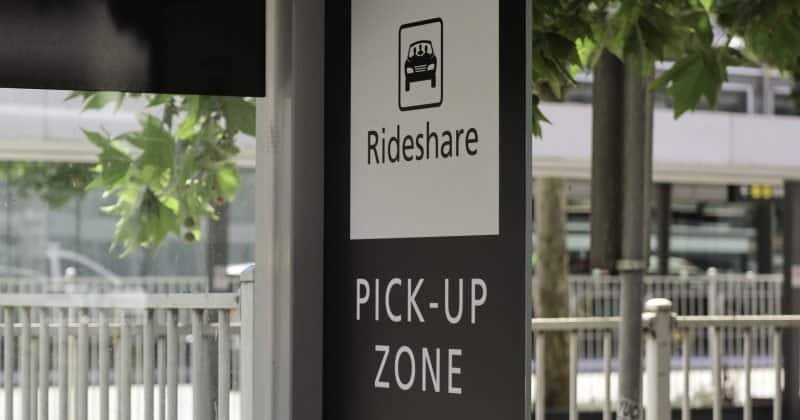May 19, 2020
What Happens to My Car in a Chapter 7 Bankruptcy?
Seeking bankruptcy protection is usually considered a last resort as most people will try everything they can to avoid having to file bankruptcy. If you’ve reached a point where filing for a Chapter 7 bankruptcy is the only real solution to your financial issues, be prepared to make some lifestyle changes. One of those change may have to do with your car or truck.
Keep in mind that the court must follow federal and state laws. Even so, there may be situations in which you can retain ownership of your vehicle. These general guidelines could apply in your case. The only way to be sure is to consult with your attorney and find out what the court is likely to allow.
Owning More Than One Vehicle
Chapter 7 bankruptcies are designed to discharge most types of debts. You’ve already verified with your attorney that all of your debt can be discharged. Part of the process involves determining which assets you can keep and which ones must be surrendered to the bankruptcy trustee. Any assets that must be handed over are sold and the funds used to partially satisfy your debts. Once that’s done, the remainder of your debt is discharged.
If you own multiple vehicles, be prepared that some may eligible for surrender and sale by the court. That’s because a Chapter 7 bankruptcy is designed to eliminate debt while still leaving you with some assets. Vehicles that you don’t rely on for things like getting to and from work may not be considered exempt in some jurisdictions.
Your Vehicle as an Exempt Asset
Perhaps you own one vehicle and it’s paid in full. With no liens or claims on that vehicle, will you be able to keep it? A lot depends on the current market value and how you go about using that car or truck. If it’s your primary means of transport and it happens to be a few years old, the odds of the court considering it an exempt asset are quite high.
Don’t automatically assume this will be the case. In some jurisdictions, vehicles with a high market value will not be considered exempt. The rationale is that you could purchase a basic vehicle worth much less and still have access to reliable transportation. Your counsel can help determine if the court is likely to allow you to retain the vehicle or if you will need to purchase another one after surrendering your vehicle to the trustee.
What if You’re Behind on Payments?
Perhaps you’re still making payments on your primary vehicle. If you’re current on the payments, there’s a good chance that the creditor and the court will agree that you should retain possession and continue to making payments.
What happens if you’re behind? While courts will grant a stay on most collection efforts, your car lender can still seek repossession while the bankruptcy is in progress. If you can catch up on payments, there is a chance the lender will allow you to reaffirm the agreement and keep your vehicle.
The Issue of Equity in the Vehicle
Whether you own the vehicle outright or if you’re still making payments, the equity may factor into the court’s decision. Simply put, if you have a high amount of equity in a luxury vehicle, the court may order you to turn it over for sale. When you have a more basic vehicle with equity that’s little more than what it would cost for you to purchase a replacement, the court is more likely to consider the car or truck exempt and allow you to keep it.
The fact that you’ve known someone who went through a Chapter 7 bankruptcy and was able to keep his or her vehicle does not mean the same thing will happen for you. Work with your attorney to see what the court could do and plan accordingly. Doing so will have you prepared for the worst-case scenario and reduce the risk of needing to hitch a ride to work.

